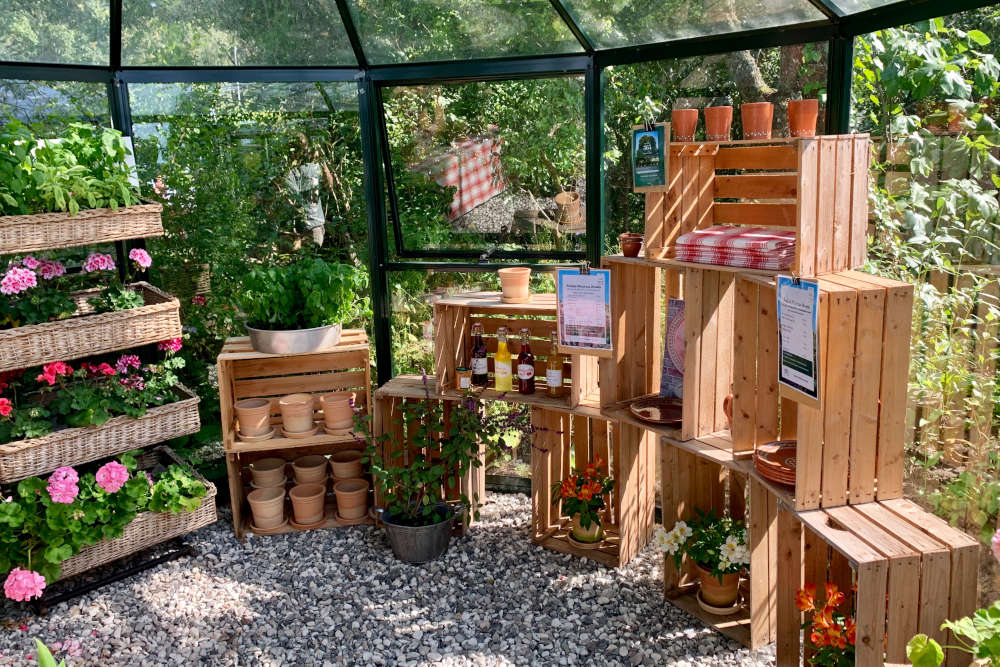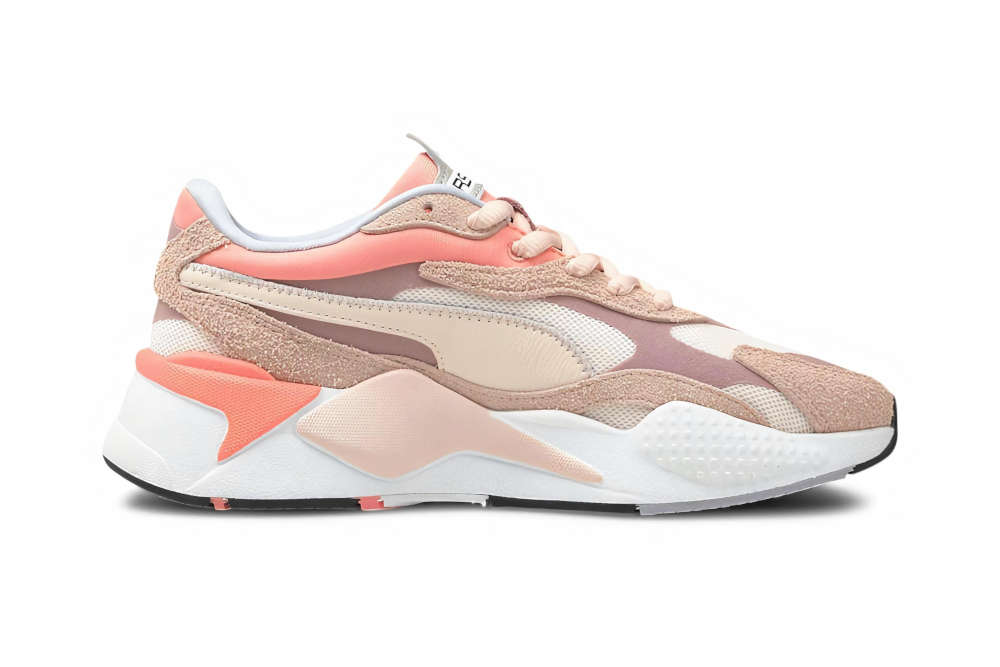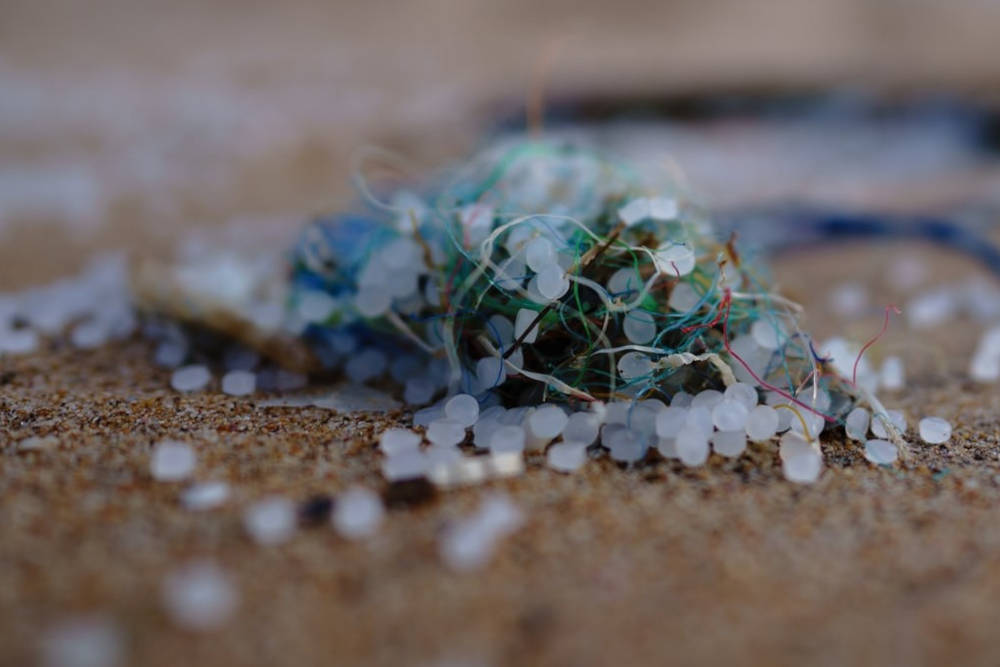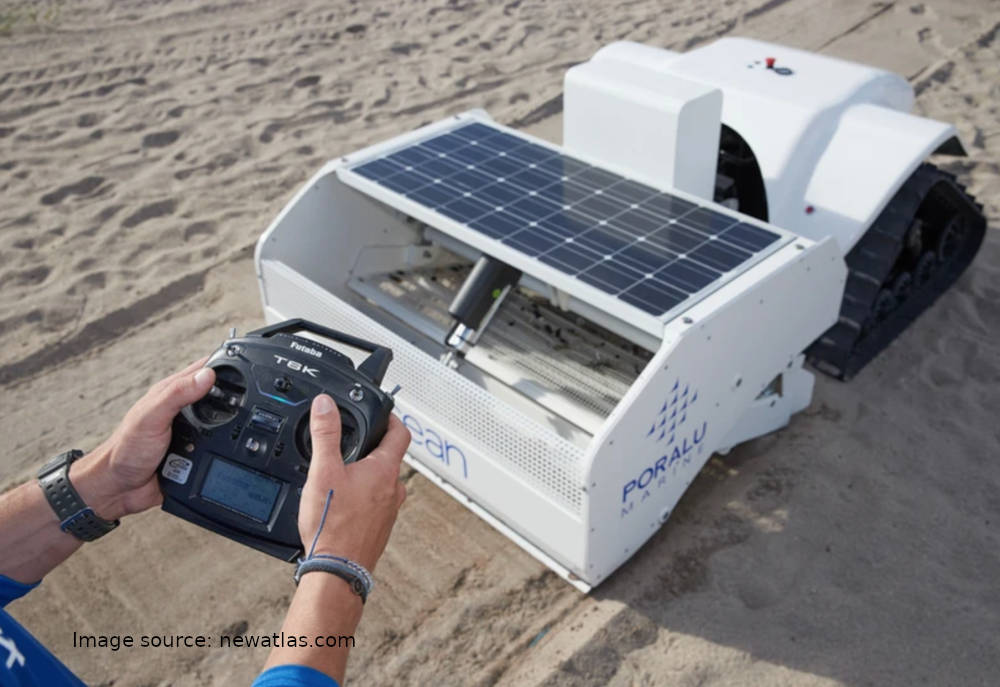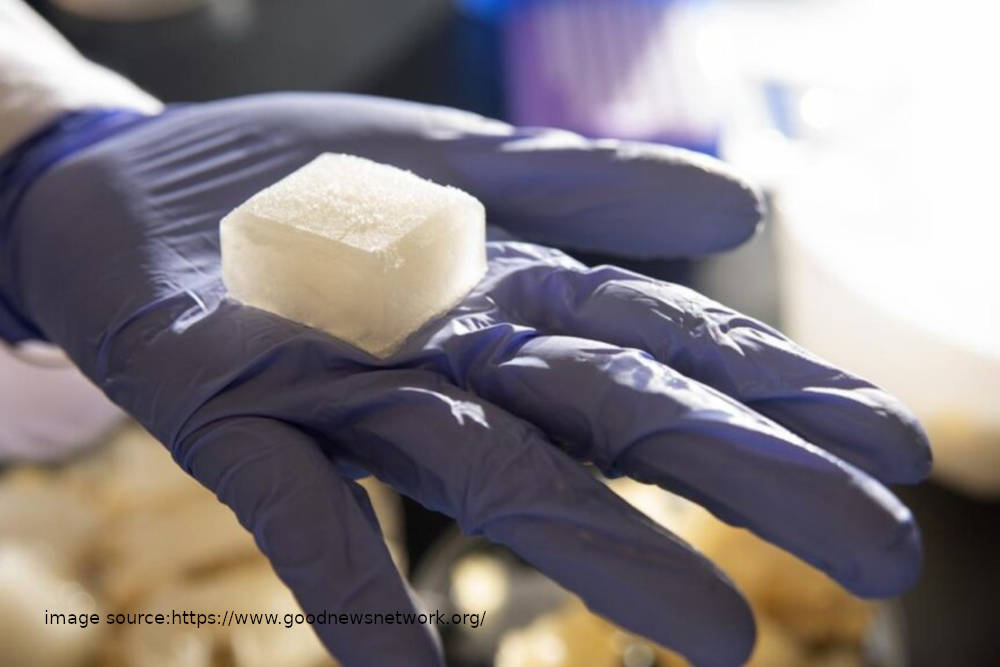A green way of reducing food waste
- Home
- Swallow Green
- A green way of reducing food waste
A green way of reducing food waste
- access_time20 April 2020
- account_circleSwallow Green
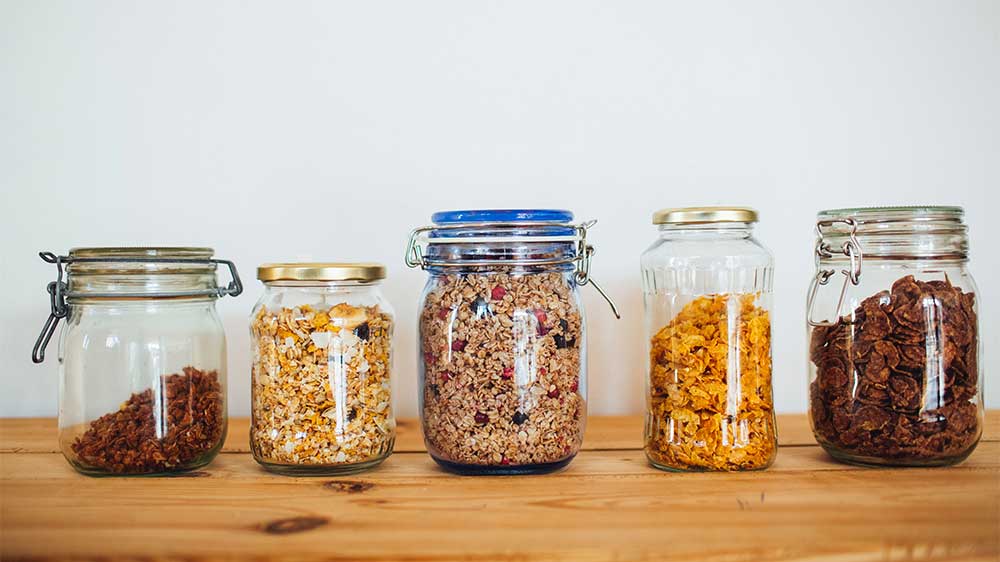
People that worked in the food service industry understands that the ‘best-by’ dates often come and go long before the product has begun to actually spoil inside in any form. In contrast, it is also known that food can go bad in ways which we can neither notice nor anticipate.
But what if the packaging containing those fresh food products could detect and notify us when spoilage occurs?
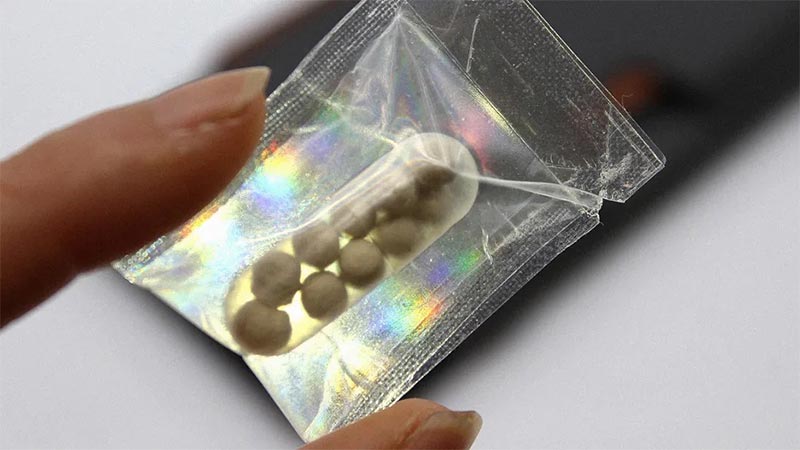
Image source: www.fastcompany.com
A San Francisco based business is currently developing such packaging that incorporates sensing material that changes color, to give a sign in some way, to the handler or buyer, when it detects the presence of harmful and unwanted bacteria or other chemicals.
“We’re incorporating sensing mechanisms into our materials that allow it to detect things like spoilage or even cold chain monitoring,”
Viirj Kan, CEO of the startup, told Fast Company
Kan and Noa Machover—the co-founders of Primitives—began developing the idea while studying at MIT and they’re now working to commercialize their technology—and they’ve chosen to start with an area of food packaging that doesn’t always make headlines, but is in dire need of help.
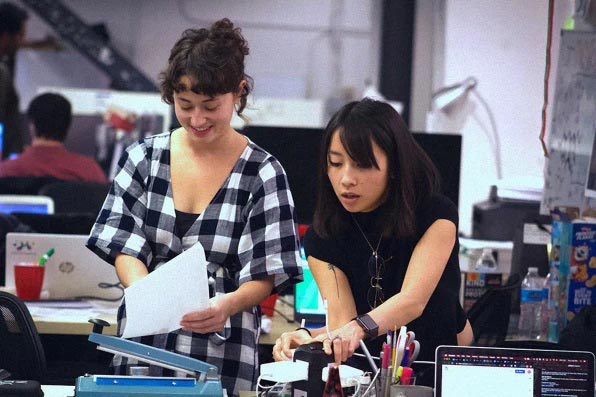
Noa Machover and Viirj Kan
Image source: www.fastcompany.com
Of all the many various plastics polluting the earth, plastic bottles and ‘single-use’ straws might inspire the greatest revolt and action, garnering media attention, but Primitives has determined it’s the ultra-thin, vacuum-sealed packaging around meat, other produce, and bakery products, is one of the most difficult items to recycle.
Hand in hand with their spoiling-sensing technology, Primitive is also developing a compostable version—a plastic that can be composted in your own garden or compost heap.
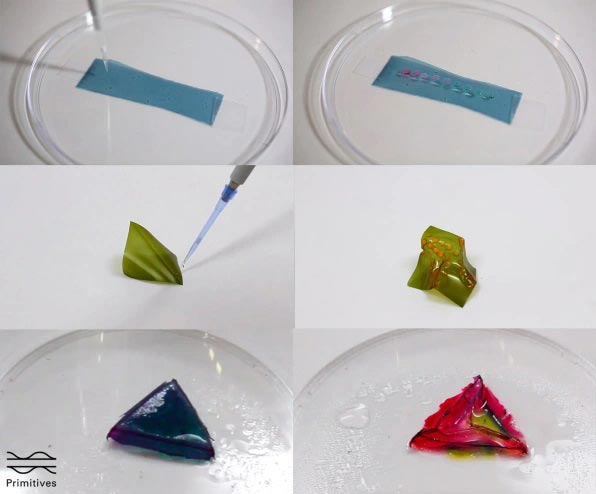
Image source: www.fastcompany.com
Because today’s standard film contains layers and layers of different kinds of plastics, thin plastic sleeves like these are very difficult to recycle. Primitive initially developed theirs with a type of CO2-guzzling algae, but they are also actively exploring the potential of other compostable materials, such as cannabis and other agriculture waste.
It may come as a surprise to some, but these sorts of bio-materials block oxygen from reaching the food inside even more effectively than plastic—while also working better to block the sun’s harmful UV radiation, another common cause of spoilage.
The product is not ready for the market just yet, but we are hopeful that it will soon be available to the public, and start changing the world.


